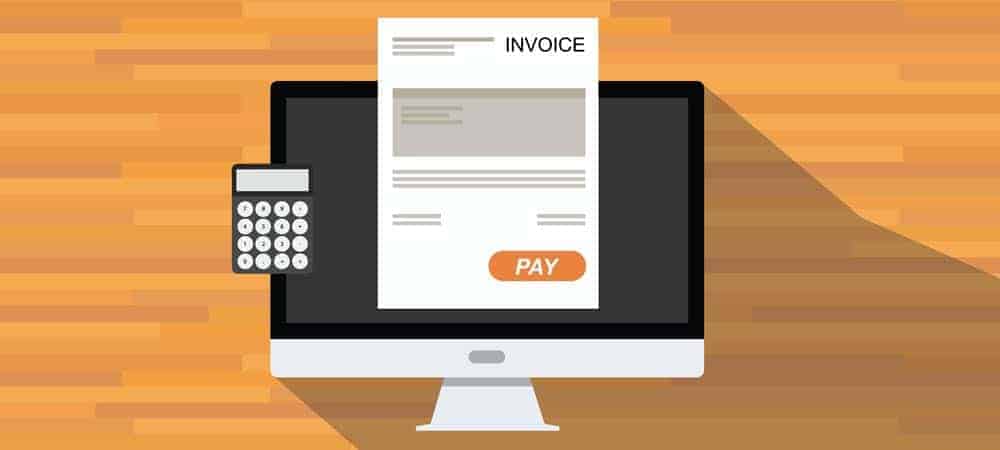E-Invoicing—Compatibility and Digitalization


If companies choose e-invoicing as their starting point for digitalization, it’s easy to lose sight of which new developments, formats and platforms are relevant for their own organization. For companies who work with or are public institutions, the question of relevancy becomes obsolete as national legislation dictates formats and regulations. To only know about formats, however, is not enough. In a global context, e-invoicing also entails efficient processes, cost savings and a company’s agility.
Finding an e-invoicing solution is only a small part of a company’s overall digitalisation strategy. The goal should always be a flexible system easily adaptable to new requirements. A suitable invoicing solution tackles national and global challenges and can help boost a company’s digital strategy.
E-invoice formats as a means to an end
Electronic invoices can be edited easily. Consequently, invoice processes—meaning sending as well as receiving—can be automated. Here, the goal should be the optimization of processes, as manual, analog procedures are slow and time-consuming. For electronic information to be processed optimally, a suitable digital infrastructure is necessary.
Practical examples show that companies who process their invoices digitally save time and money. Lawmakers have noticed this development and are enforcing the practice in public institutions.
EU directive 2014/55 is responsible for the European norm EN16931. This norm is the foundation for an electronic, unified, easy-to-process format. Because of different fiscal requirements regarding billing and invoice processing, this norm also has the possibility of a Core Invoice Usage Specification (CIUS). CIUS makes it possible for members of the EU and interested parties to adapt processes to their specific requirements.
Governments can “pressure” their business partners into benefiting from digitalisation—and they are doing just that: In Germany, for example, the electronic billing for suppliers of public institutions will be mandatory from November 2020 onward.
Prepare for e-invoicing
To be prepared in the digital era is not just nice, but rather indispensable. For companies to be able to plan ahead step by step, they should ask themselves the following questions:
- Which legal requirements must be met?
- Can the company's own invoice processing solution and ERP systems even implement the current and upcoming country requirements and transmission procedures?
- Can process changes be mapped flexibly with the solution?
- How does the solution provider handle updates and structural enhancements to existing formats?
- What is the digitization strategy of your own business partners?
- Can common formats or transmission paths be found here?
- What does the solution provider's portfolio look like apart from electronic invoices, for example with regard to the digitization of purchasing processes (especially order confirmations and purchase orders)?
Companies should not see legislation as obligation, but rather as an opportunity. Because laws are the most effective way to boost digitalisation. If organizations already have to adjust to new formats, why not take the opportunity to optimize processes and find solution providers who reliably support the rollout of new digital procedures?
Let’s face it: e-invoicing is only a small part of a company’s overall digital strategy. Electronic invoices are not everything. The potential to profit from digitalisation is hidden in plain sight in many other business processes as well.







